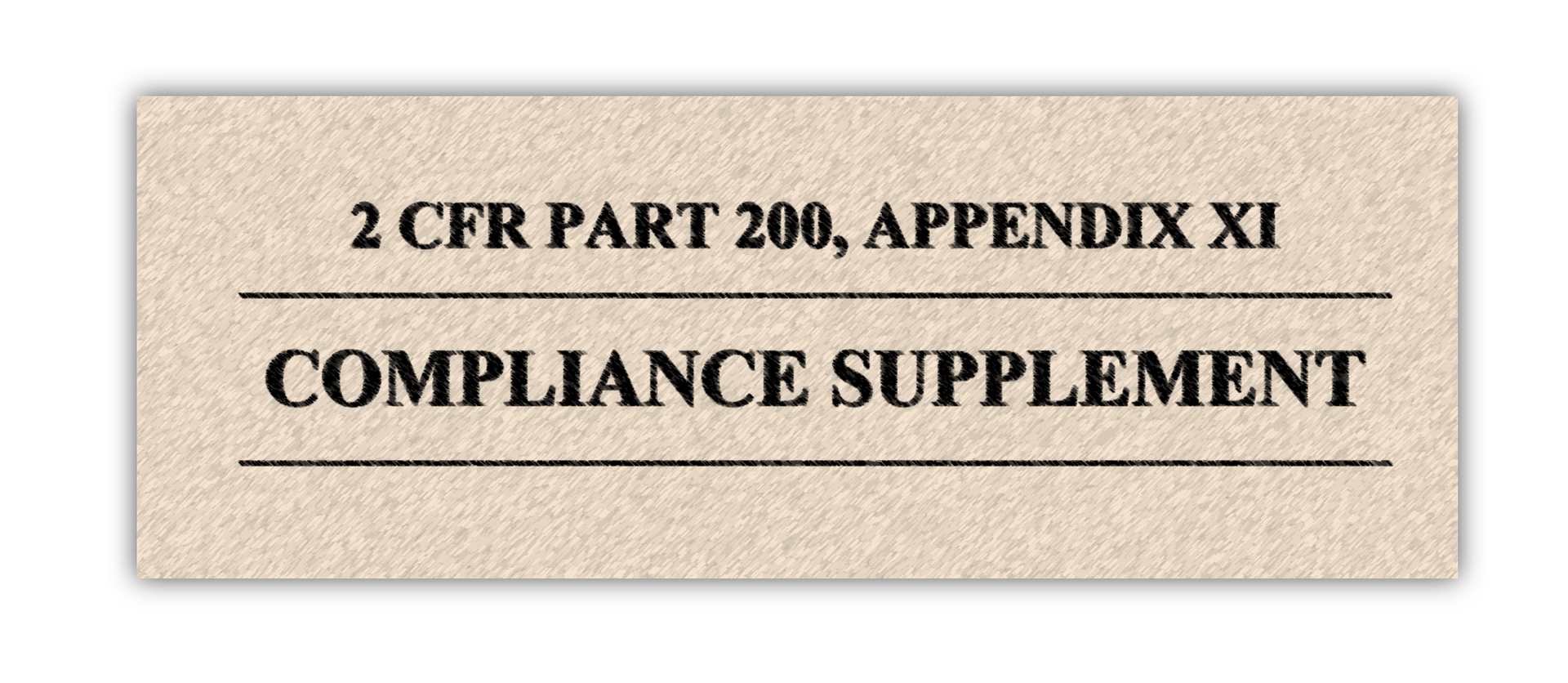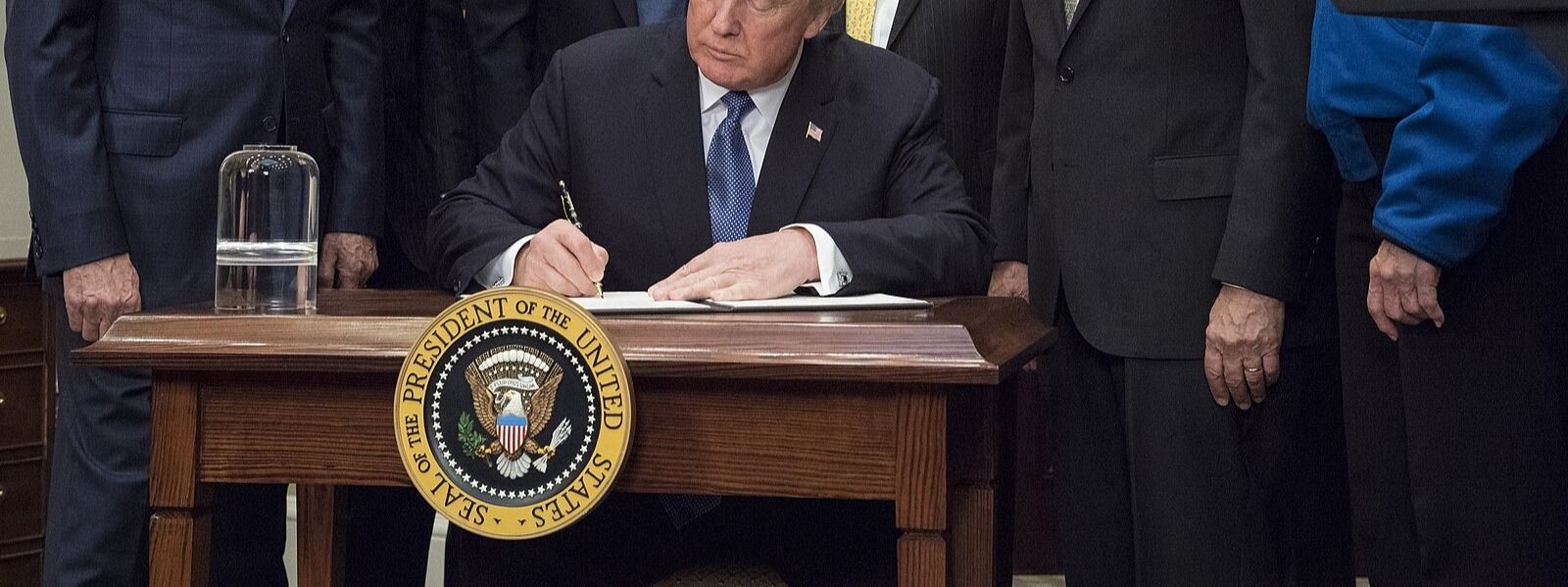Navigating Federal Grant and Contract Terminations in the Era of DOGE
Guidance for Contractors and Grantees
As part of the federal government’s evolving policy direction under the DOGE initiative, many federal contracts and grants are facing unexpected Terminations for Convenience (T4C). These terminations are not breaches of agreement but reflect shifts in government priorities, funding reallocations, or geopolitical circumstances. For both contractors and grantees, understanding your rights, responsibilities, and cost recovery options is critical during this transition.
Understanding Terminations for Convenience (T4C)
A Termination for Convenience allows the government to cancel an award—partially or fully—when it is deemed in the government’s best interest. While disruptive, T4Cs entitle awardees to recover certain costs, provided claims are submitted in accordance with specific timelines and procedures.
According to USAID’s March 2025 guidance, terminations may arise from:
- Technological advancements or changes in scope
- Budget constraints or lack of funding
- Shifts in domestic or international political priorities
- Delays without directive to resume work
Contractors: What You Need to Know
If you are a federal contractor, the termination process includes several key steps:
1. Notification
You will receive a formal notice outlining:
- Authority and effective date
- Scope of termination (partial or full)
- Specific instructions, such as stopping work and settling subcontracts
2. Settlement Proposals
Within one year of notification, contractors must submit settlement proposals based on one of the following methods:
- Inventory Basis – For materials and goods
- Total Cost Basis – Common for service contracts
- No Cost – When there are no outstanding obligations or costs
3. Recoverable Costs
Typical allowable settlement costs include:
- Incurred performance costs (labor, materials, indirect expenses)
- Loss of useful value on specialized equipment
- Settlements with subcontractors
- Legal, accounting, and clerical costs related to the settlement
- A reasonable allowance for profit on completed work
Grantees: Termination and Closeout Under 2 CFR §200.472
For grantees, the federal regulations under 2 CFR §200.472 outline what costs are allowable in the event of a termination:
Allowable Termination Costs
Grantees may recover:
- Costs of items not reasonably usable elsewhere (with justification)
- Non-discontinued costs that continue temporarily post-termination (if not due to negligence)
- Loss in value of special equipment, when not usable in other work
- Unexpired lease costs, provided they were necessary and efforts to mitigate were made
- Settlement costs, including legal/accounting expenses related to the termination or subawards
- Storage and disposition costs for federal property
- Claims under subawards, including appropriate indirect costs
Closeout Costs
Administrative costs related to award closeout are also allowable—such as:
- Staff time for preparing final reports
- Equipment disposition costs
- Printing/publication expenses
- Related indirect costs
These costs must be incurred and liquidated before the final report due date (typically 120 days following the effective date of termination) unless specified otherwise by the agency.
Key Timelines to Track
Per USAID guidance:
- Contractors: 1 year to submit settlement proposal (per FAR 49)
- U.S. grantees: 120 days to report and liquidate obligations
- Non-U.S. grantees: 30 days to return funds, 90 days to file claims
- Interagency agreements and PIOs: Varies by agreement clause
Final Thoughts: Be Proactive and Document Everything Separately
Whether you’re a contractor or grantee, the key to navigating a termination successfully lies in timely action, accurate documentation, and clear communication with your Agreement or Contracting Officer.
At Award Advisors, we’re here to support organizations through the complexities of federal award terminations, helping you identify allowable costs, develop fair settlement claims, and remain compliant with federal requirements.
If your organization has recently received a termination notice—or anticipates one under DOGE—reach out to us for a tailored consultation.



